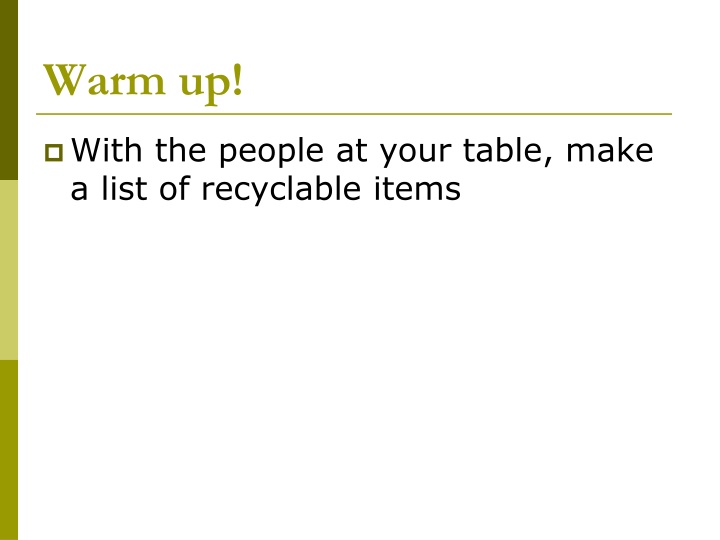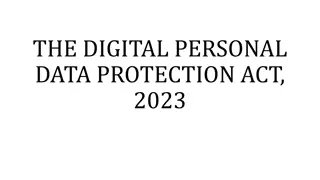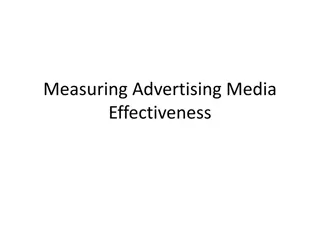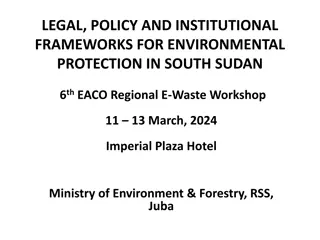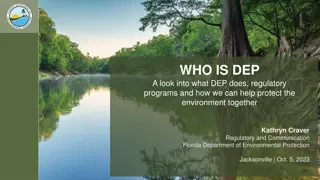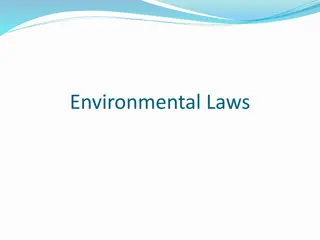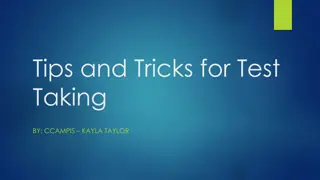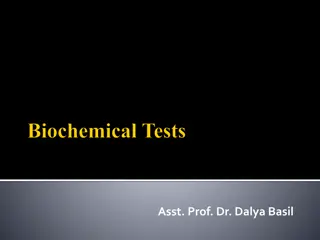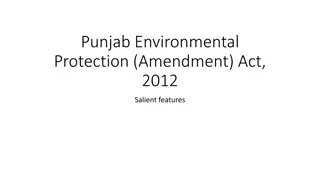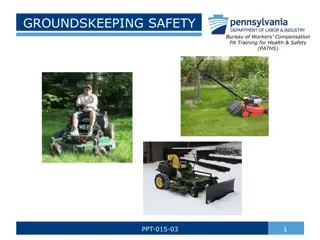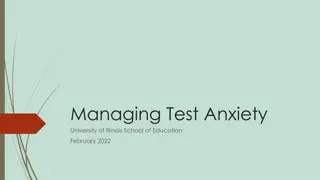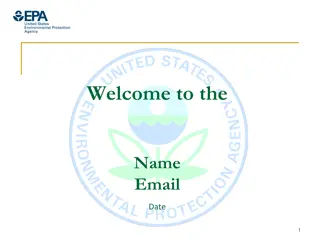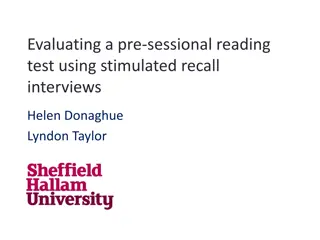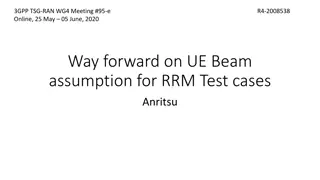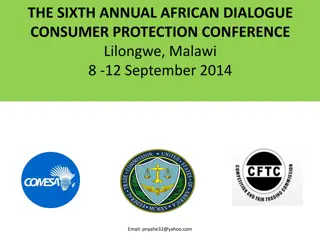Pre-Test on Environmental Protection in Life Science
Pre-test covering topics like the benefits and impacts of using oil, effects of fertilizer run-off on aquatic ecosystems, the introduction of non-native species, medicinal properties of plants like Foxglove, and examples of how human activities affect populations and ecosystems. Test your knowledge on environmental protection in life science with this interactive quiz.
Download Presentation

Please find below an Image/Link to download the presentation.
The content on the website is provided AS IS for your information and personal use only. It may not be sold, licensed, or shared on other websites without obtaining consent from the author.If you encounter any issues during the download, it is possible that the publisher has removed the file from their server.
You are allowed to download the files provided on this website for personal or commercial use, subject to the condition that they are used lawfully. All files are the property of their respective owners.
The content on the website is provided AS IS for your information and personal use only. It may not be sold, licensed, or shared on other websites without obtaining consent from the author.
E N D
Presentation Transcript
Warm up! With the people at your table, make a list of recyclable items
Recycling 24.2
Recycling Reducing resource use by collecting usable waste materials and using them to produce new items Many materials can t be recycled Can t recycle completely
Benefits of Recycling Reduce waste Source of limited resources (steel, aluminum) Prevents environmental damage from using new resources
Drawbacks of Recycling Often more expensive than new resources Consumer demand Often more energy intensive than new resources
Recycling Paper One of easiest to recycle Less energy and less water than new paper from trees Weakens each time it s recycled
Recycling Aluminum Natural- bauxite ore Large amounts of energy/water to produce aluminum Recycling reduces air pollution, water pollution, and energy by as much as 95%
Recycling Other Minerals Glass Iron Steel Silver Copper Lead Zinc Motor Oil 1L of motor oil can contaminate 1,000,000L of water Uses 2/3 less energy to recycle motor oil than to refine it
Recycling Plastics Made from petroleum Difficult to recycle Recycled by code Recycled plastic is weaker Dyes, filler, additives (separate)
Buzz Words Pre-cycling Free-cycling E-cycling Upcycling Downcycling pioneer-woman-nyc-010 pioneer-woman-nyc-001
Upcycling vs. Downcycling Recycling and reusing to make new again Makes the product BETTER- more valuable EX: Playground equipment, clothing Reclycing and reclaming to gather materials that would be trash Makes the product WORSE- less valuable EX: Paper, plastic
To do now: NH Recycles Worksheet Homework! Read Community Recycling p.400 and answer questions #1-2.
